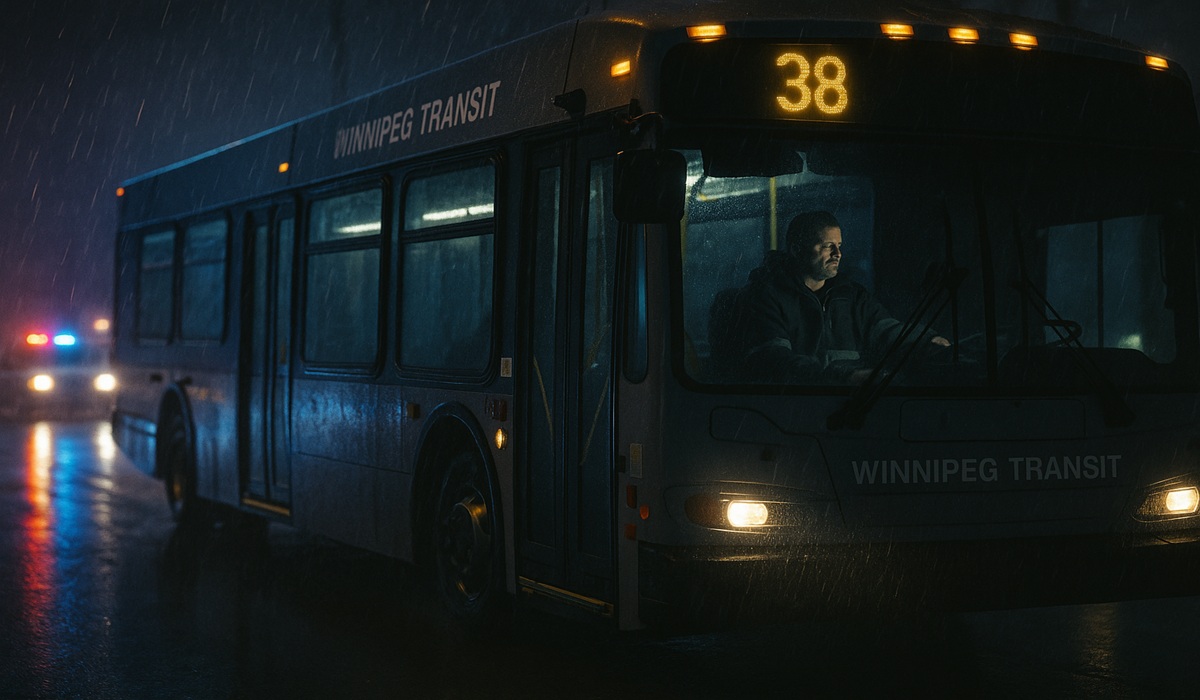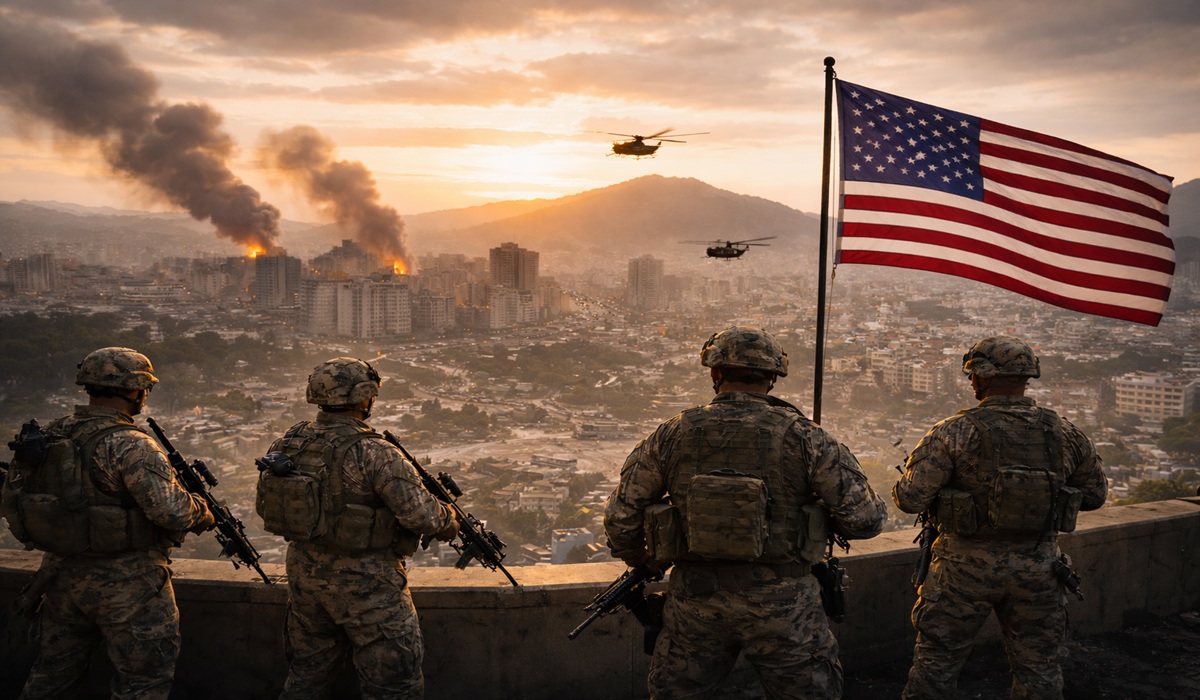This Route Ends Here: A Winnipeg Bus Driver Was Shot! Is City Hall Listening Now?
- TDS News
- Breaking News
- October 30, 2025

By: Donovan Martin Sr, Editor in Chief
When bus drivers are getting shot, Winnipeg can no longer call this a transit problem — it’s a citywide emergency.
The story of Winnipeg’s transit crisis is more than just a reflection of a struggling transportation system — it is a mirror reflecting the broader state of a city at a crossroads. Violence on buses, broken infrastructure, growing homelessness, and a sense of civic fatigue have converged into something deeper: a moral and emotional reckoning. And yet, beneath the weight of all that dysfunction, there still beats a heart that refuses to stop.
When a transit driver was shot with a pellet gun just a few days ago, it wasn’t only an attack on one individual — it was an attack on the very sense of community that keeps a city moving. That driver could have been anyone’s brother, mother, neighbour, or friend. And while the physical injury was not fatal, the message it sent was devastating: in Winnipeg, even those serving the public aren’t safe.
But let’s not pretend this came out of nowhere.
Winnipeg has been bleeding quietly for years. Our streets are scarred with potholes big enough to break an axle. Our downtown has hollowed out. The homeless population has exploded into tent cities that now line our riverbanks and overpasses. We’ve been branded, once again, as the Murder Capital of Canada — a title no one wants but few seem willing to fight hard enough to shed. Taxes keep rising, yet trust keeps falling. People work long hours, through unforgiving winters, just to watch their city drift further into disrepair.
And through it all, City Hall seems content to tinker around the edges while the foundation crumbles beneath their feet.
Several years ago, former mayoral candidate Don Woodstock — a man with deep family ties to Winnipeg Transit — proposed something simple but smart: put plain-clothes officers on buses to deter violence. He said it plainly, repeatedly, and for years. But because it didn’t come from the right committee, the right consultant, or the right “strategic framework,” it was ignored.
The question now isn’t whether it was a good idea. The question is whether City Hall even knows how to recognise a good idea when it comes from outside its own walls.
Was it rejected because it was impractical? Or was it simply because it wasn’t their idea?
That’s the tragedy of this city’s governance: the people most affected by policy have the least power to shape it. And that disconnect has bred the quiet cynicism now festering across neighbourhoods — from Osborne Village to the North End, from St. Boniface to Elmwood.
Winnipeggers are tired of being patient.
They’re tired of being told that studies are underway, that consultations are pending, that “change takes time.” Because what they see every day is not change — it’s stagnation. What they hear isn’t leadership — it’s repetition. The same faces, the same talking points, the same excuses. Year after year.
And here’s the hard truth: “We cannot continue to do the same thing over and over and expect a different result.”
That is, by definition, the very essence of insanity.
There is no shame in admitting that Winnipeg is broken. But there is great shame in pretending it isn’t.
Yes, our infrastructure is failing. Yes, our crime rates are unacceptable. Yes, our social systems are stretched to the point of collapse. But the spirit of the people — the bus drivers, the nurses, the teachers, the store clerks, the single parents, the seniors who shovel their own sidewalks — remains strong. That is the paradox of this city: a battered body with an unbreakable soul.
You see it every morning when a driver greets a stranger with a nod, even after being threatened the night before. You see it when communities rally to help a family after a fire, or when neighbours bring coffee to those sleeping rough in -30°C cold. This is what makes Winnipeg, even at its worst, worth fighting for.
And fight we must.
Because in just over a year, the people of Winnipeg will get another chance — another election, another opportunity to say “enough.” It will be a chance to demand representation that listens, that acts, that leads. A chance to remind City Hall that it belongs to the people, not the other way around.
For too long, the same names have occupied the same seats, and the same problems have been recycled like clockwork. If we truly want change — not the illusion of it — then we must stop rewarding complacency. We must start electing leaders who understand not just policy, but pain. Leaders who don’t just quote statistics, but stand in the cold at a bus stop and listen to the people who live the consequences of inaction every day.
Winnipeg has been called many things: tough, cold, divided, crime-ridden, forgotten. But what it has never been is hopeless.
Because no matter how broken the city might seem, it’s going to take a lot more than that to break the spirits of its people.
The spirit of Winnipeg is stubborn. It survives blizzards, blackouts, and bureaucrats. It endures unfairness and finds humour in hardship. It’s the spirit that keeps the buses running, the lights on, and the community alive even when the systems meant to protect it fail.
And that’s the light at the end of this long, cold tunnel — that unshakable faith that things can get better, that change is possible, and that someday soon, when citizens finally demand the government they deserve, Main Street will have a new group of leaders ready to champion their cause.
Winnipeg may be battered, bruised, and in debt — but it’s not defeated. Not yet. And not ever.








